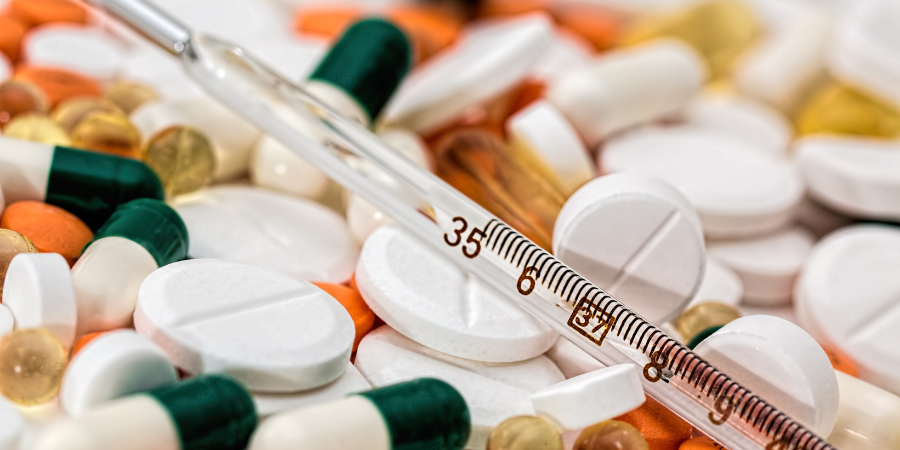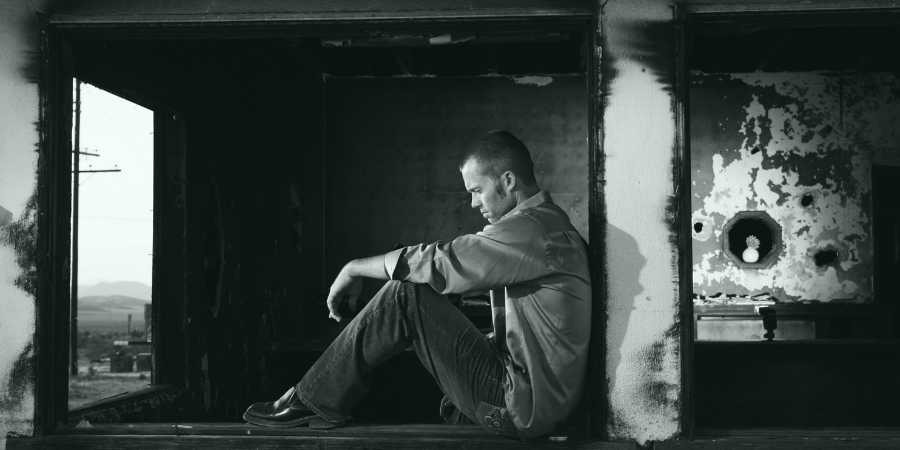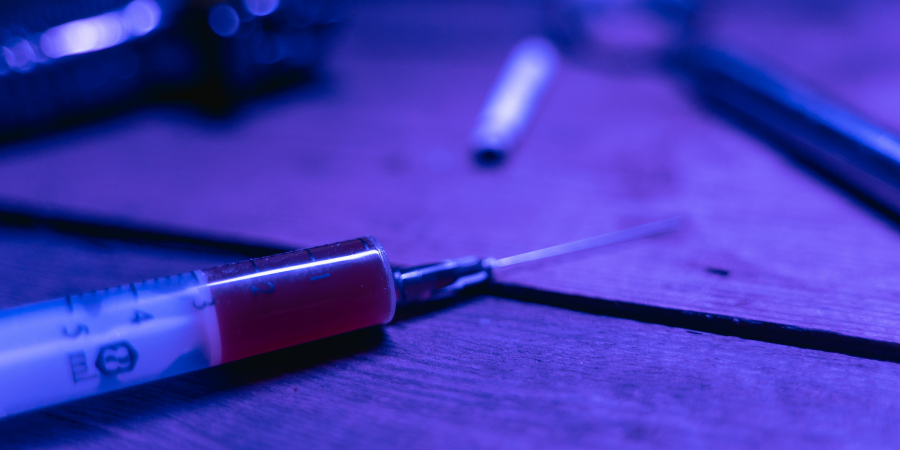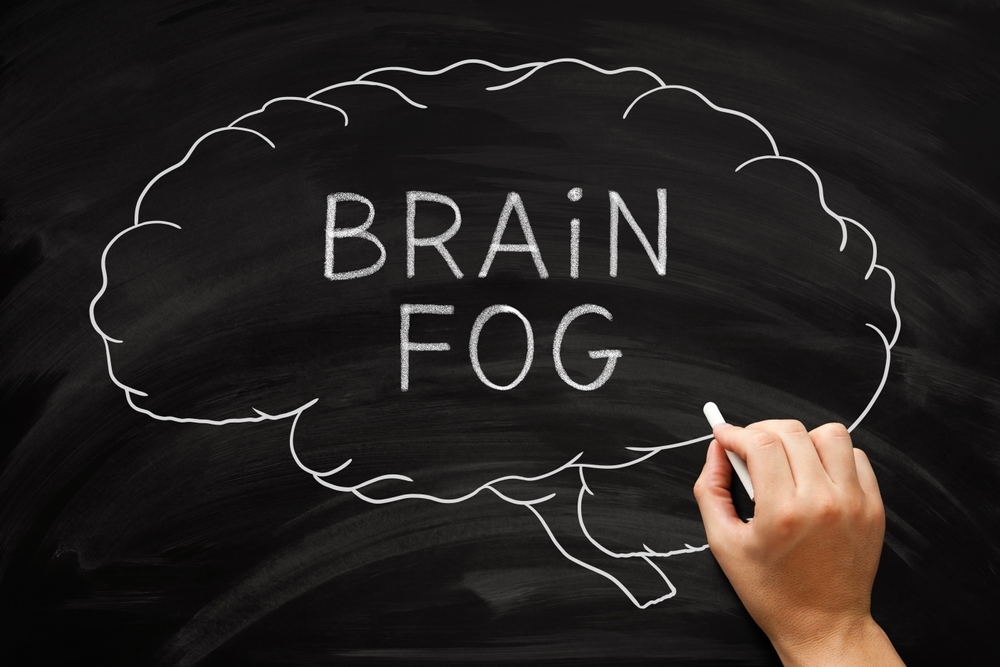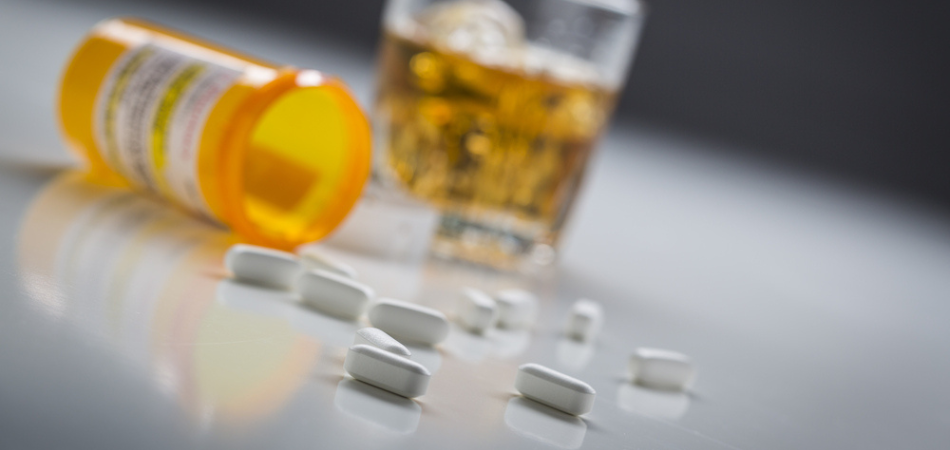
Written by:

Medically Reviewed by:
Last Updated:
April 10th, 2025
Drug Addiction | Definition, Types and Symptoms
- Select
- Drug addiction
- Drug detox
- Drug rehab
Drug addiction is a serious problem in the UK and around the world. It can have devastating consequences for individuals, families and communities. With more than one-third of UK adults between the ages of sixteen and fifty-nine having abused drugs at some point in their life, the extent of the problem is clear. If you are caught in a cycle of drug addiction, it may seem like there is no hope, but at Primrose Lodge we have helped many people find the path to healthy, happy lives.
On this page, we will explain what drug addiction is, how it develops and the impact it can have on your life. We will also dispel some of the myths about drug addiction and explain how to seek help.
What is drug addiction?
Drug addiction is a complex condition that can be difficult to understand. On a physical level, it occurs as drugs cause changes in your brain’s reward system. Different drugs cause the brain to release different chemicals, but all of them increase the levels of dopamine.
Dopamine is a neurotransmitter that helps to control the brain’s reward and pleasure centres. The increased levels of dopamine caused by taking drugs create feelings of pleasure and euphoria. This is what makes people want to take drugs again and again, despite the negative consequences.
Once you begin to take drugs on a regular basis, you can begin to develop a tolerance. This means that you need to take larger amounts of the drug to maintain the same effects. As your tolerance builds, you can also develop a psychological dependency on the drug. This means that you feel like you need to take the drug just to feel normal.
There are a wide number of drug addictions:
Amphetamine addiction
Learn everything you need to know about addiction to amphetamine.
Cannabis addiction
Learn everything you need to know about addiction to cannabis.
Crack cocaine addiction
Learn everything you need to know about addiction to crack cocaine.
Hallucinogen addiction
Learn everything you need to know about addiction to hallucinogen.
Ketamine addiction
Learn everything you need to know about addiction to ketamine.
Monkey dust addiction
Learn everything you need to know about addiction to monkey dust.
What are the effects of drug addiction?
Drug abuse and addiction can lead to many issues and negative situations for both your health and your life in general. The health risks will depend on what type of drug you are addicted to but may include:
- Changes in appetite, body temperature and sleeping patterns
- Wild mood swings, anxiety, paranoia, depression, and violence
- Acceleration or exacerbation of existing mental health conditions
- Hallucinations and confusion
- Heart rate irregularities, heart attack
- Kidney and liver damage
- Seizures, stroke, brain damage
- Respiratory problems
- Abdominal pain, vomiting, constipation, diarrhoea
As well as physical harm, drug addiction can seriously damage your relationships with friends and family. It can potentially lead to financial problems, as you may start to spend all of your money on drugs. You may even put your job at risk due to drug use or get into trouble with the law.
If you are struggling with drug addiction, it is important to seek help as soon as possible. Get in touch with us and we will be able to talk you through what support we can offer.
How drug addiction begins
It is important to note that drug addiction does not begin overnight. There are some people who will get hooked after just one use, but for most, it occurs gradually. Below are the possible causes of how drug addiction begins.
Recreational use and experimenting
For some people, it may start with taking drugs recreationally. They may experiment with different drugs at social gatherings or take them to enhance their performance at work or school. As tolerance develops, they may start to take larger doses of the drug or take them more frequently; being experimental with illegal substances is often a gateway to additional use, which can subsequently lead to patterns of abuse.
Coping mechanism
Another potential cause of drug addiction could be that people depend on drugs to cope with difficult life circumstances. For example, people struggling with mental health problems, trauma or stress may turn to drugs to numb their emotions and make them feel better. However, the drugs only provide temporary relief and can worsen the person’s problems.
For others, drug addiction can develop to cope with difficult life circumstances, such as trauma, loss, or bereavement. Some people turn to drugs to self-medicate mental health conditions such as anxiety or depression.
Home environment
Sadly, there are many people who begin to abuse drugs because they have been brought up in an environment where drugs are constantly present. For example, if you have a parent who is a drug user, you may start using them yourself; this is another possible cause of how drug addiction begins.
Am I addicted to drugs?
Many people affected by drug addiction are reluctant to admit the truth. This is particularly so for those who have developed a physical dependence on prescription medication. Addiction can be incredibly devious and is a master at convincing you that you don’t have a problem. It will often try to tell you that you are in control and that you can stop using it at any time. This makes spotting the signs of drug addiction difficult to spot in yourself and others which can delay your decision to reach out for support.
Here are some questions to ask yourself:
- Do I take drugs even though I know they are harmful?
- Do I keep using drugs despite the negative consequences?
- Am I unable to control my use,F or do I find myself using more than intended?
- Do I continue to use drugs even when it’s causing financial, social, work or relationship problems?
- Have my family or friends expressed concern about my drug use?
- Do I feel like I need drugs in order to cope with daily life or certain situations?
If you have answered yes to any of these questions, it’s possible that you may be struggling with an addiction. Even if your drug use has not reached the level of addiction yet, it is important to get help before it does.
If you are worried about your drug use or the drug use of someone close to you, get in touch with us and we will be able to offer advice and support.
Identifying drug addiction signs in a loved one
There are various tell-tale signs of drug addiction and abuse to look out for if you are concerned about a loved one. These include:
- Finding drugs or drug paraphernalia such as pipes, drug bags and needles
- Sudden changes in mood or behaviour, such as becoming withdrawn, secretive or angry
- Lying or making excuses
- Stealing money or valuables
- Problems at work or school
- Financial problems
- Sudden mood swings
- Changes in attitude/personality
- Spending more time around people who are known to use or deal in drugs
- Dramatic changes in habits and/or priorities
- Depression
- Involvement in criminal activity
If you spot any of these signs of addiction to drugs, it is crucial that you address the issue in the right way. This can be a difficult conversation to have, but it is important to try and approach it from a place of love and concern.
It is also important not to enable an addict by giving them money or making excuses for them. This will only make the problem worse and make it more difficult for them to get help. Enabling an addict will also put you at risk of being drawn into criminal activity, as they may start to involve you in their drug use or dealing.
If you are worried about a loved one’s drug use, get in touch with us and we will be able to offer advice and support.
Five things to know about drug addiction
- 3% of UK adults aged between sixteen and fifty-nine are frequent drug users.
- There were 4,561 drug-poisoning deaths in England and Wales in 2021.
- Going “cold turkey” – in which you stop taking drugs suddenly – I can be dangerous and even life-threatening.
- In 2017-18, the cost of the harms of illicit drug use in England was £19.3 billion.
- The Coronavirus Pandemic caused a significant rise in drug addiction across the UK as people were isolated and access to treatment was unavailable.
Drug addiction myths
It is only weak-minded people who get addicted to drugs
False! Anybody can develop a drug addiction, regardless of their intelligence, mental health or social status.
Drug addicts are just bad people who brought addiction on themselves
False! Drug addiction is a serious mental health condition that requires medical intervention, not punishment.
People addicted to drugs can stop whenever they want
False! Drug addiction is a chronic, multi-faceted condition which usually needs professional help to overcome.
You can only get addicted to illegal drugs
False! Any drug, legal or illegal, can be addictive.
Frequently asked questions
Recovery usually begins with a detoxification process, followed by a rehabilitation programme and then aftercare. If you or someone you know is suffering from drug addiction, get in touch with us today and we can explain how Primrose Lodge can help.

